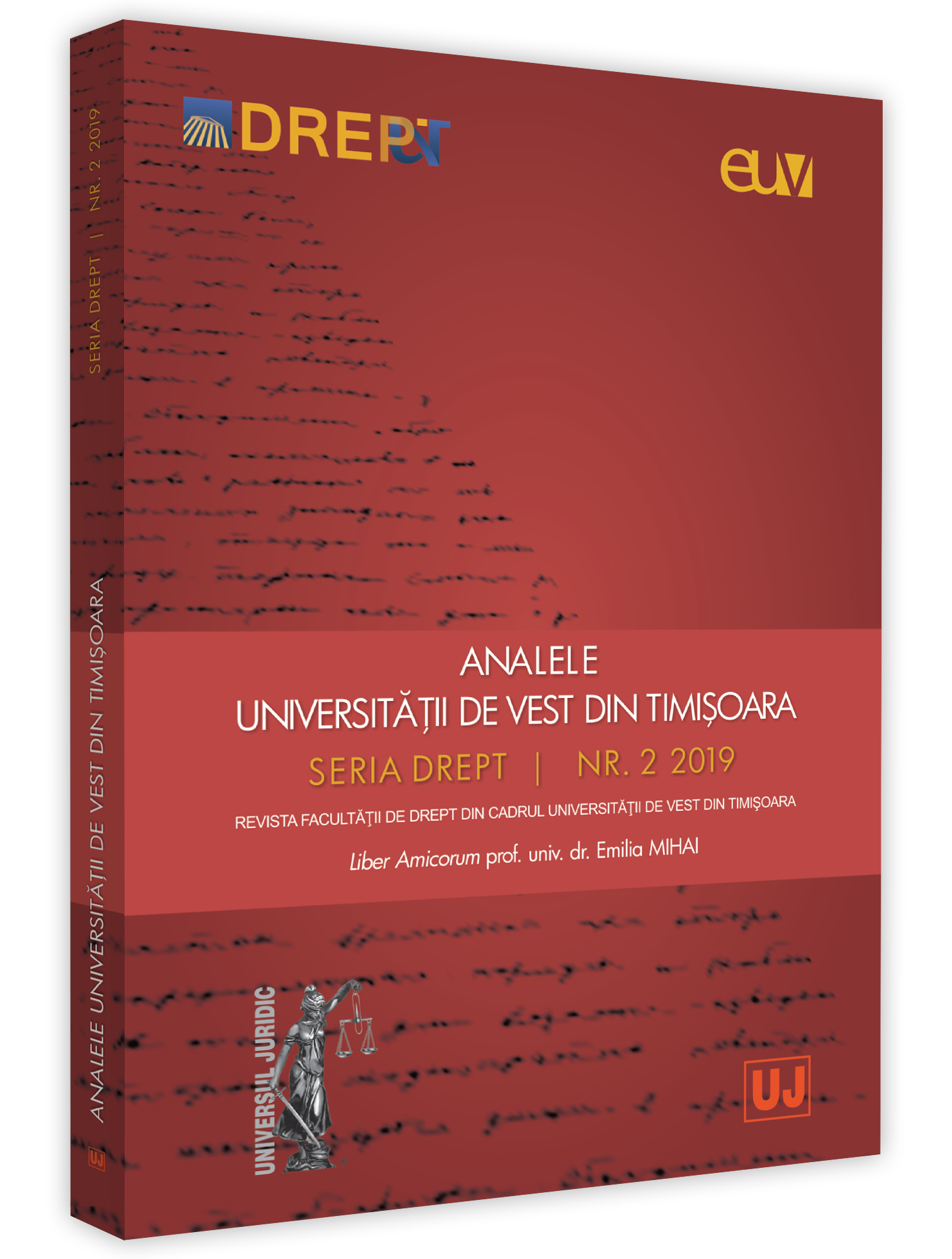Principiul disponibilităţii părţilor în procesul civil versus principiul rolului activ al judecătorului în aflarea adevărului: corelaţii, interferenţe, limite
The principle of parties' availability in the civil process versus the principle of the judge's active role in finding the truth: correlations, interference, limits
Author(s): Florina PopaSubject(s): Law, Constitution, Jurisprudence, Civil Law
Published by: Universul Juridic
Keywords: the principle of the parties' availability in the civil process; the principle of the active role of the judge in finding the truth; the legal qualification of the acts and facts;
Summary/Abstract: Considered to be one of the specific differences between the civil process and the criminal process, the principle of availability is, at the same time, the most important manifestation of the autonomy of will in the matter of civil procedural law. The current Code of Civil Procedure establishes, more or less explicitly, a mix between the features of the accusatory system, which reserves to the court a neutral role in the trial, of a simple arbitrator, and those specific to the inquisitorial system (more consistent in number), a system that recognizes the judge the prerogative of the active role, in order to find out the truth, – the premise of pronouncing a sound and legal decision. The present approach aims to analyze the extent to which the judge's role in finding the truth in the civil process can limit the prerogatives conferred on the parties by the principle of availability.
Journal: Analele Universității de Vest din Timișoara - Seria Drept
- Issue Year: 2019
- Issue No: 2
- Page Range: 76-87
- Page Count: 11
- Language: Romanian

